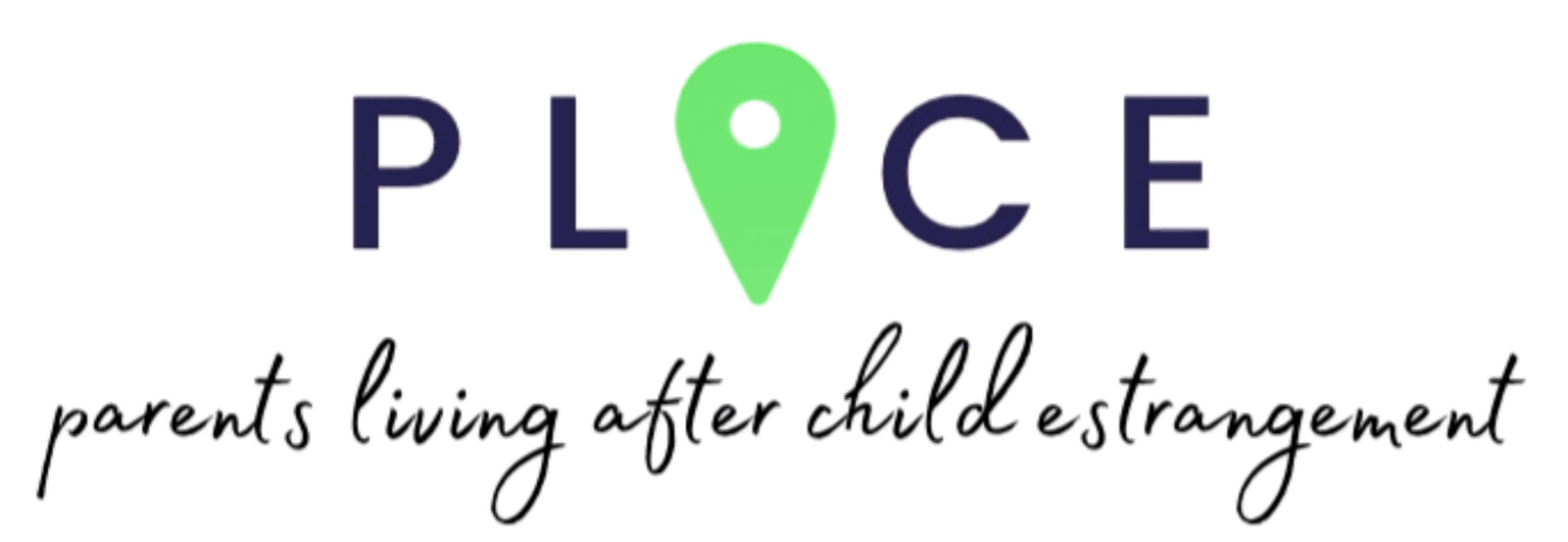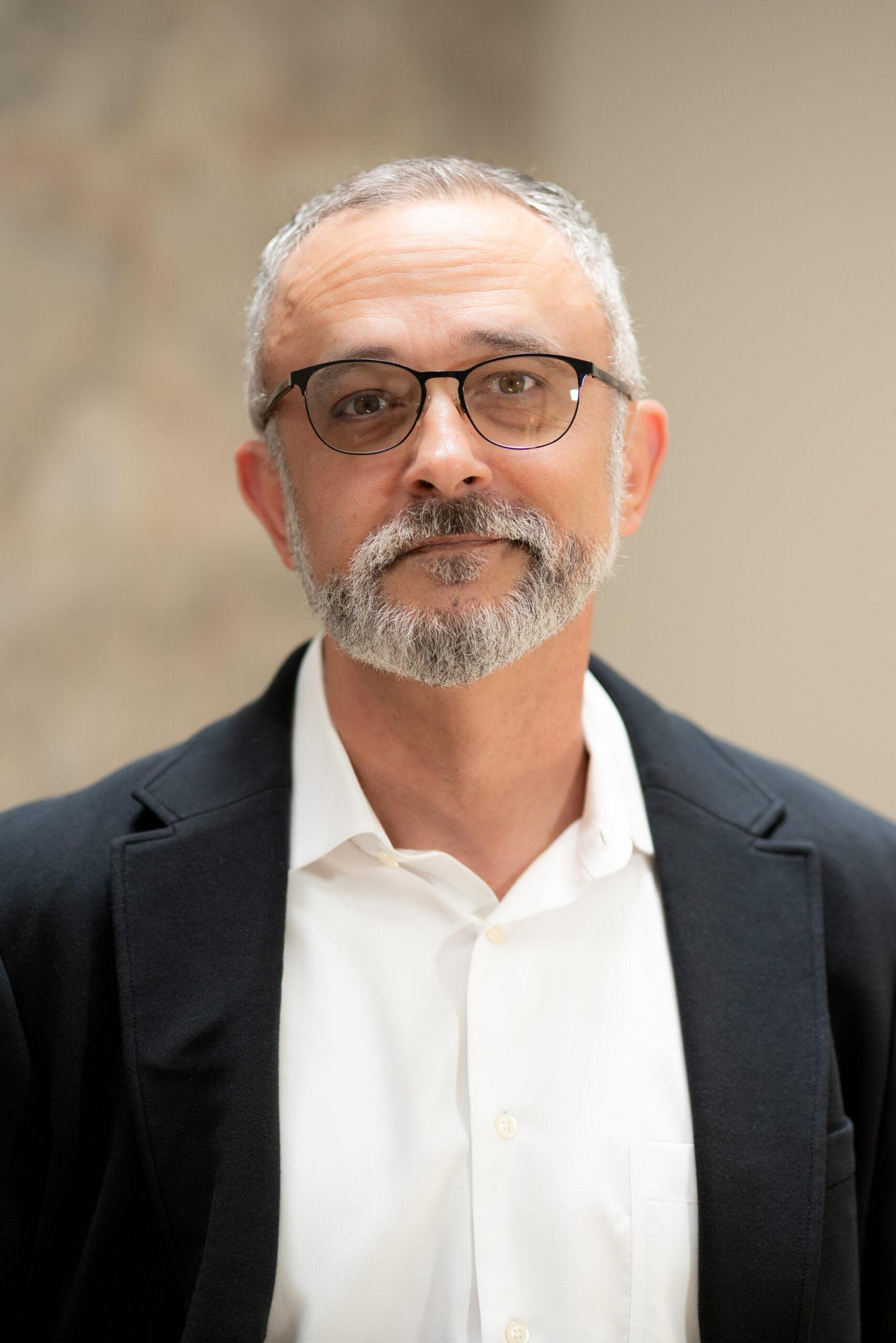Written in a compassionate, grounded, and empowering voice that matches your PLACE brand and speaks directly to hurting parents.
Coping With Child Estrangement: How to Live Through the Pain and Find Peace Again
Hi, I’m Brian Briscoe.
If you’re reading this, I want to first say: I’m so sorry. No parent expects to one day be cut off from their own child. Whether it happened suddenly or gradually over time, whether it’s been a week or ten years—estrangement hurts in a way that’s hard to put into words.
As a therapist, coach, and fellow human who’s walked this road with many parents, I want you to know something important right away:
You’re not crazy, and you’re not alone.
There’s nothing wrong with you for struggling. Estrangement is a type of grief, and like any grief—it demands time, attention, and care.
In this article, we’re going to walk through what it really takes to cope with child estrangement—not just to survive it, but to live again with hope, meaning, and self-respect.
What Makes Estrangement So Painful?
The grief of child estrangement is unique. It’s a living loss. Your child may still be alive and well somewhere in the world, but your connection has been severed. There’s no funeral, no ritual, no societal script for this kind of pain.
You might feel like you’re:
- Grieving a person who is still alive
- Questioning every decision you ever made
- Blaming yourself constantly
- Trying to make sense of mixed messages
- Torn between waiting in hope and letting go
And here’s what makes it harder: people around you may not get it. They may say unhelpful things like:
“They’ll come around.”
“Just give them space.”
“What did you do?”
“You’re the parent—fix it.”
But estrangement isn’t something you can fix overnight. In many cases, it’s not something you can fix at all. That doesn’t mean healing isn’t possible—but it means the healing must begin with you, not them.
Step 1: Acknowledge the Truth of Your Pain
The first step in coping with estrangement is acknowledging it for what it is:
- It’s painful.
- It’s disorienting.
- It’s unfair.
- It’s real.
You don’t need to minimize your pain to be a “good parent.” You don’t need to justify your grief. Your suffering matters. You matter.
Many estranged parents feel ashamed to tell others what’s going on. They suffer in silence, often telling only a select few—if anyone. But you deserve support, just like anyone experiencing a major life crisis.
Give yourself permission to say it out loud:
“I am hurting. I need help. I want to heal.”
Step 2: Learn the Language of Ambiguous Loss
The term ambiguous loss was coined by Dr. Pauline Boss to describe losses that are unclear or lack closure. A child who is alive but emotionally absent creates exactly that kind of loss.
Estranged parents often cycle through:
- Hope: “Maybe they’ll call tomorrow.”
- Despair: “They hate me. It’s hopeless.”
- Guilt: “It must be my fault.”
- Anger: “How could they do this to me?”
- Numbness: “I don’t feel anything anymore.”
All of those responses are normal. When there’s no clean break, no explanation, and no end in sight, your brain and heart don’t know what to do. That’s why this kind of grief lingers—it’s unresolved.
Recognizing your pain as ambiguous loss can be a relief. It gives your grief a name. And from there, you can begin to cope in more intentional ways.
Step 3: Let Go of the Narrative That You Must Be a “Bad Parent”
Estranged parents often internalize shame. Especially when the world around you constantly suggests that if a child walks away, it must mean the parent did something terribly wrong.
Sometimes, yes—estrangement stems from deep wounds, patterns, or dysfunction. But just as often, estrangement comes from:
- Miscommunication and unmet expectations
- Boundary shifts that weren’t well-managed
- Outside influence (partners, therapists, peer groups)
- Generational trauma
- Emotional cutoff as a way of coping
You may have made mistakes. You’re human. But a mistake is not a life sentence. The presence of estrangement doesn’t mean the absence of love or value.
You are not evil. You are not unworthy. You are not “toxic.”
You are a parent trying to understand a deep loss.
Step 4: Build a Support System That Gets It
You can’t heal in isolation.
One of the most effective ways to cope with estrangement is to surround yourself with others who understand it firsthand. That’s why I created PLACE—a space for Parents Living After Child Estrangement.
In our virtual peer support groups, no one judges. No one diagnoses you. No one tells you to “just move on.” It’s a place where:
- Your pain is seen
- Your story is honored
- Your dignity is intact
- Your path forward is respected
Many parents say just hearing someone else say “Me too” is one of the most healing experiences they’ve had since the estrangement began.
Step 5: Reclaim Your Identity
Estrangement can swallow your sense of self.
If you spent years being a hands-on parent—cooking meals, attending recitals, helping with college—losing that connection can leave a gaping hole in your identity.
But here’s a hard truth that can also become a hopeful one:
You are more than your role as a parent.
You are still a full human being with interests, gifts, wisdom, humor, and beauty to offer the world. You are allowed to rediscover yourself, or even create yourself anew.
What do you love? What brings you peace? Who makes you feel alive? What makes you laugh?
Start small. Take a class. Volunteer. Travel. Journal. Paint. Connect with old friends. Take care of your body. Learn something new. Your life is not over—estrangement is just one chapter, not the entire story.
Step 6: Set Boundaries That Protect Your Peace
It’s normal to want to reach out, to fix things, to explain yourself. But if reaching out always ends in pain, silence, or rejection, it might be time to reevaluate how you’re engaging.
Setting boundaries doesn’t mean you’re giving up. It means you’re choosing your own peace.
A few healthy boundaries might include:
- “I won’t check their social media every day.”
- “I won’t keep rewriting messages they never respond to.”
- “I won’t tolerate disrespect if they do reach out.”
- “I’ll give myself permission to rest from this emotional labor.”
Boundaries are acts of self-respect. They help you cope with estrangement without constantly re-wounding yourself.
Step 7: Consider Professional Support
Sometimes, the pain is too complex to process alone. Therapy can help.
I offer individual counseling and coaching for estranged parents who need a space to:
- Understand their emotional patterns
- Heal from old trauma that estrangement reactivates
- Learn coping tools and self-soothing strategies
- Navigate possible reconnection attempts
- Feel less alone
You don’t need to be in crisis to benefit from support. In fact, seeking help is one of the most courageous, proactive steps you can take toward healing.
Step 8: Make Peace With the Unknown
One of the hardest parts of estrangement is not knowing how the story ends.
Will they come back?
Will they change their mind?
Will we ever talk again?
You may never get an answer. That’s brutal—but it’s also real. Learning to live with uncertainty is part of the healing path.
You don’t have to like the unknown—but you can survive it. And eventually, you can even thrive within it.
The goal isn’t to stop loving your child.
It’s to stop abandoning yourself.
Final Words: You’re Not Broken. You’re Becoming.
Coping with child estrangement isn’t about “moving on” or “getting over it.” It’s about learning to live with the pain in a way that honors your humanity, your story, and your hope.
At PLACE, we believe:
- You deserve to tell your story without shame.
- You deserve to be heard, held, and honored.
- You deserve joy again, even after estrangement.
- You are more than what was lost—you are also what remains.
Whether you’re just beginning this journey or deep into it, you are not walking alone.
We’re here.
And we believe in your healing.
—Brian








